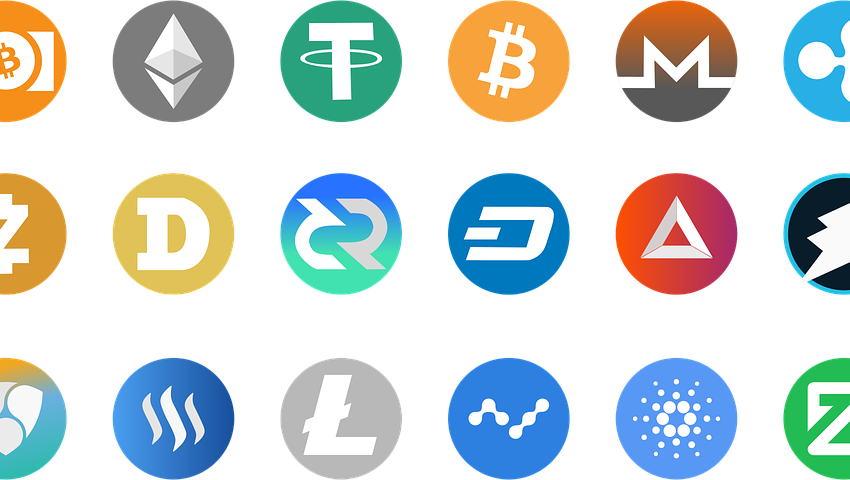Breakthroughs in Quantum Computing Explained
Quantum computing has been the subject of much excitement and speculation in recent years. While traditional computers operate using bits, which can be either a 0 or a 1, quantum computers use quantum bits, or qubits, which can exist in multiple states simultaneously. This allows quantum computers to process vast amounts of information at speeds far beyond the capabilities of classical computers.
What is Quantum Computing?
Quantum computing harnesses the principles of quantum mechanics to perform computations that would be impossible for classical computers. Quantum computers use quantum bits, or qubits, which can exist in a superposition of states, allowing them to process information in parallel and perform complex calculations much faster than traditional computers.
The Race for Quantum Supremacy
In recent years, there has been intense competition among tech giants and research institutions to achieve quantum supremacy – the point at which a quantum computer can outperform the most powerful supercomputers in the world. In 2019, Google claimed to have achieved quantum supremacy with their 53-qubit quantum processor, Sycamore, solving a complex problem in just 200 seconds that would take the world’s fastest supercomputer 10,000 years to solve.
Breakthroughs in Quantum Algorithms
While quantum supremacy is a major milestone, the true potential of quantum computing lies in its ability to solve problems that are intractable for classical computers. Researchers have made significant progress in developing quantum algorithms for a range of applications, from cryptography and optimization to machine learning and drug discovery. Quantum algorithms such as Shor’s algorithm for factoring large numbers and Grover’s algorithm for searching unsorted databases have the potential to revolutionize industries and drive technological innovation.
Challenges and Opportunities
Despite the promise of quantum computing, there are still many challenges to overcome, such as noise and error rates, scalability, and the need for robust quantum hardware. Researchers are working towards developing error-correcting codes, fault-tolerant systems, and quantum error correction techniques to address these challenges and pave the way for practical quantum computing.
The Future of Quantum Computing
As the field of quantum computing continues to advance, we can expect to see more breakthroughs in quantum hardware, algorithms, and applications. Quantum computing has the potential to revolutionize industries, drive scientific discovery, and tackle some of the most complex problems facing society. The future of quantum computing is bright, and the possibilities are endless.


